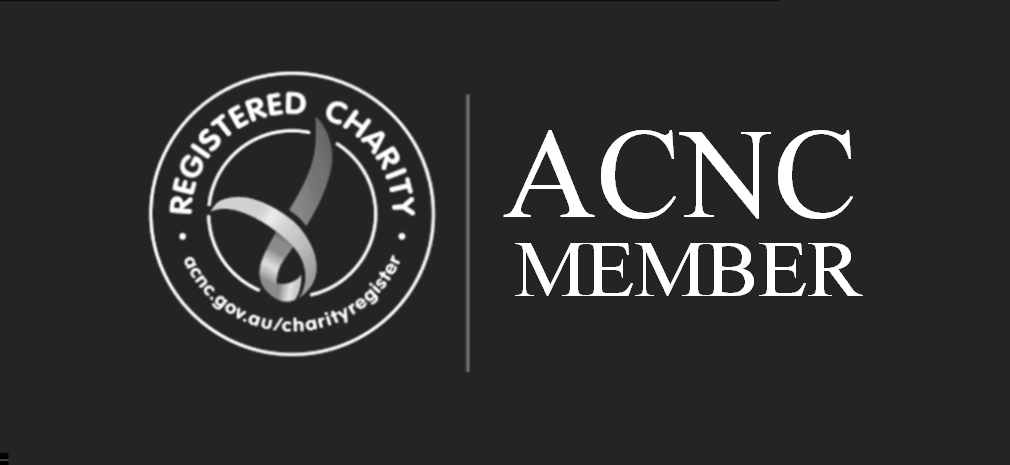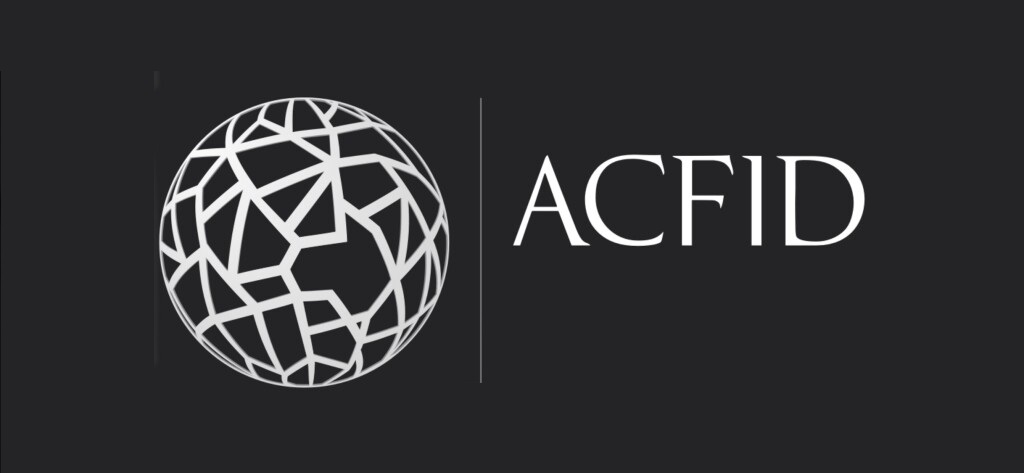.
DAISI’s Audit & Risk Committee is responsible for statutory compliance, accounting, risk management and finance. Members of the committee also offer an expert resource for supporting DAISI staff when dealing with such matters. Their work includes oversight of all financial reporting, preparing the annual budget, and assessing opportunities that increase DAISI’s income. A large part of the audit & risk committee’s role is to create a link between the DAISI Board of Directors and its internal and external auditors.
.
POLICY
.
1.Purpose of the audit committee
- The audit & risk committee is elected by the board as a sub-committee and its powers are delegated by the board.
- The board retains responsibility for decisions, performance and outcomes of the audit committee and should therefore continually monitor the audit committee’s activities. The audit committee minutes are to be circulated to all board members, once approved by the audit committee chair.
- The audit committee should report to the board on a regular basis.
- The roles, composition and necessary powers and responsibilities of the audit committee are generally set out in its charter.
- The charter should be evaluated annually to ensure that it is operating effectively and fulfilling its functions.
- Revisions to the charter, or further training and development for committee members may be necessary as a result of the evaluation.
- The audit committee plays a key role in assisting the board to fulfil its oversight responsibilities in areas such as an organisation’s financial reporting, internal control systems, risk management systems and the internal and external audit functions.
- The audit committee is to schedule, at least annually, a meeting with the external auditors without the organisation’s management present, to enable them to have a discussion about any matters of significance that arose during the audit process.
- Risk is included within the ambit of the audit committee.
2. Responsibilities of the audit committee
- The main responsibilities of the audit committee is to assist the board to discharge its responsibility to exercise due care, diligence and skill in relation to the following areas.
3. Audit issues:
- Facilitating communication between the DAISI’s board of directors and the internal and external auditors;
- Facilitating the maintenance of the independence of the external auditor;
- Consideration of significant matters that were raised during the audit process;
- Making a recommendation to the board regarding the appointment or dismissal of an auditor for the following year;
- Providing a structured reporting line for internal audit and facilitating the independence of the internal auditor
- Reviewing and maintaining an appropriate Internal control system.
4. Financial management issues:
- Reporting of financial information to users of financial reports;
- Application of accounting policies;
- Financial management processes and procedures;
- Monitoring the financial position and performance of DAISI;
- Guiding the annual budget;
5. Investment management issues (if required):
- Develop and review board policies that guide management in the investment activity of the organisation, outlining:
- Delegated authority;
- Acceptable risk;
- Internal controls.
- Risk management:
- Risk management system
- Insurance coverage for the organisation and the directors and office bearers;
- Compliance with applicable laws, regulations, standards and best practice guidelines.
7. Other responsibilities:
- Perform other activities related to this charter as requested by the board;
- Institute and oversee special investigations as needed;
- Review and assess the adequacy of this charter annually, requesting board approval for changes, and ensure appropriate disclosure to ACNC, DFAT, ATO, Department of Fair Trading as may be required by law or regulation;
- Confirm annually that all responsibilities outlined in this charter have been carried out;
- Evaluate the performance of the audit committee and its members on a regular basis.
8. Independence of the audit committee
- An independent audit committee is a fundamental component of good corporate governance.
- There is no general legal reference to what constitutes ‘independent’ in the not-for-profit sector, although there may be a specific reference for certain industries (for example, superannuation funds).
- When determining if directors are independent, some issues to consider include:
- Is the director an executive or non-executive director?
- Is the director related to a senior employee?
- Is there a business relationship between the company and the director?
- Has the director been appointed as a representative director?
- How long has the individual been a director of the organisation?
- Being a member of the organisation would not in itself mean the director is not independent. It is more important to assess their ability to use their director position to influence an outcome that would benefit themselves or associated individuals or entities.
9. Who should be members of the audit committee?
- The audit committee should be of sufficient size and its members should have the technical expertise to ensure that it is able to discharge its mandate effectively.
- Good governance practice mandates that the audit committee should be structured so that:
- it consists of at least three members;
- all members are non-executive directors; it is chaired by someone other than the chair of the board.
- Due to the financial nature of the role of the committee, it is important for at least one member of the committee to have financial or accounting skills to ensure financial responsibilities are being met.
- It is also good practice to ensure there are members of the committee who have good knowledge of the organisation’s industry to ensure risk issues and compliance requirements are fully identified and are being properly managed.
- Someone on the committee with legal expertise is also advantageous.
10. What is the relationship between an audit committee, an external auditor and an internal auditor?
- External auditors perform an audit to form an opinion about whether DAISI’s annual financial reports comply with the requirements of the Corporations Act 2001 [particularly ss 307-309] and accounting standards and give a true and fair view of DAISI’s financial affairs. Because the independence of the external auditor is critical, auditors are generally nominated by the audit committee and approved by the board and not by management.
- The audit committee reviews the scope of the audit and oversees the relationships with the auditors. The committee should also brief the auditors about any concerns that the board may have.
- The internal audit function usually evaluates and monitors the adequacy and effectiveness of the internal control systems and so plays a vital role in managing risks.



